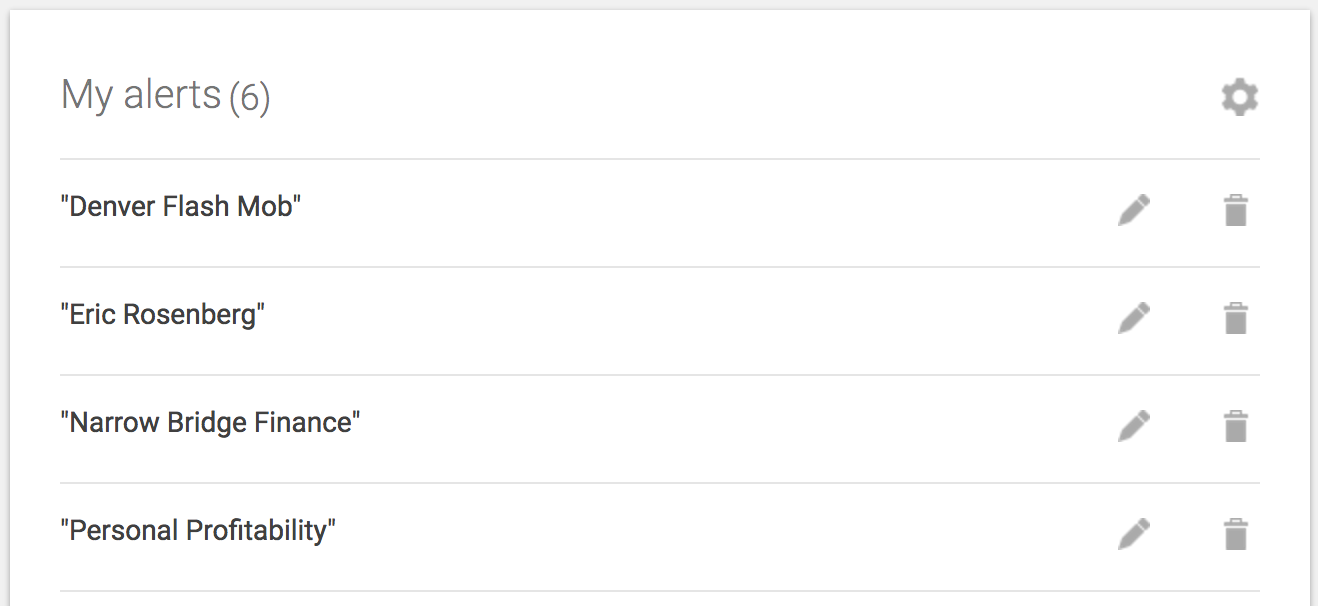What people are saying about you online is important. As we have recently seen in the airline industry, customers can be quite vocal when they have a bad experience. On the other side, it is also important to know when people are saying good things about you and your business.
Whether you are a solo business owner, a startup, or a large company, you can set up alerts to understand how people are talking and what they are saying about you online. Follow this guide to get started.
Table of Contents
ToggleWhy online reputation matters
Your online reputations is an important business asset. How you handle your social media, website, and other online interactions is vital to long-term business success. Simply put, your online reputation and what people are saying about you can make or break your business.
When people say good things about your business online, you can capitalize on that positive attention. Pushing out positive mentions can bring more business to your brand, which is a great outcome! However, negative reviews and posts online might keep other potential customers from shopping at your business.
I have made many purchasing decisions based on what I saw about a product or business online. According to a Nielsen survey, the majority of people do online research before making purchases online or in store.
Setup free alerts from Google
With the importance of online data and reputation management, it is important to utilize tools that will let you know what people are saying about you online. One of the best tools for this is Google Alerts, a free service from Google that will send you emails when and specific phrase is mentioned anywhere on the web.
I have used Google Alerts for years to monitor mentions of my name or my brand names. I also set up extra alerts for my email addresses to alert me of any possible hacks or information going public that I would rather keep private.

When you set up each alert, use the same search context you use in Google search. For example, to ensure I don’t get mentions of anyone that uses the word “personal,” I put my website name, “Personal Profitability,” in quotation marks. You can also adjust the alerts to be instant or in an email digest to limit the number of messages that show up in your inbox.
Expand your net with premium tools
While Google Alerts is free, it does not do a great job of monitoring social media. In addition to mobile and web notifications, you can take advantage of premium tools. These tools are designed specifically to track mentions across the biggest social networks like Twitter, Facebook, and LinkedIn.
One great option for this is Mention. Mention is a paid web based service that can track mentions on social media and the web. It can help you better understand your online reputation and internet users’ sentiment toward your brand. Basic plans start at $29 per month, but getting access to all tools requires a custom contract.
A newer competitor in this space is Respond by Buffer. Formerly a stand alone tool, Buffer purchased the company that developed Respond by Buffer to expand the toolset at the social media scheduling company. Respond is designed for customer service teams. It makes it easy to reach out and engage in conversations with existing and potential customers mentioning your brand.
Don’t underestimate the power of social media and the web
The internet is big. Billions of people around the world are connected and turn to the web to read both positive and negative experiences before making purchasing and partnership decisions.
Ensure your business is on the right side of the conversation by proactively responding and connecting with customers.
If you do, you’ll be on track for online reputation success.














